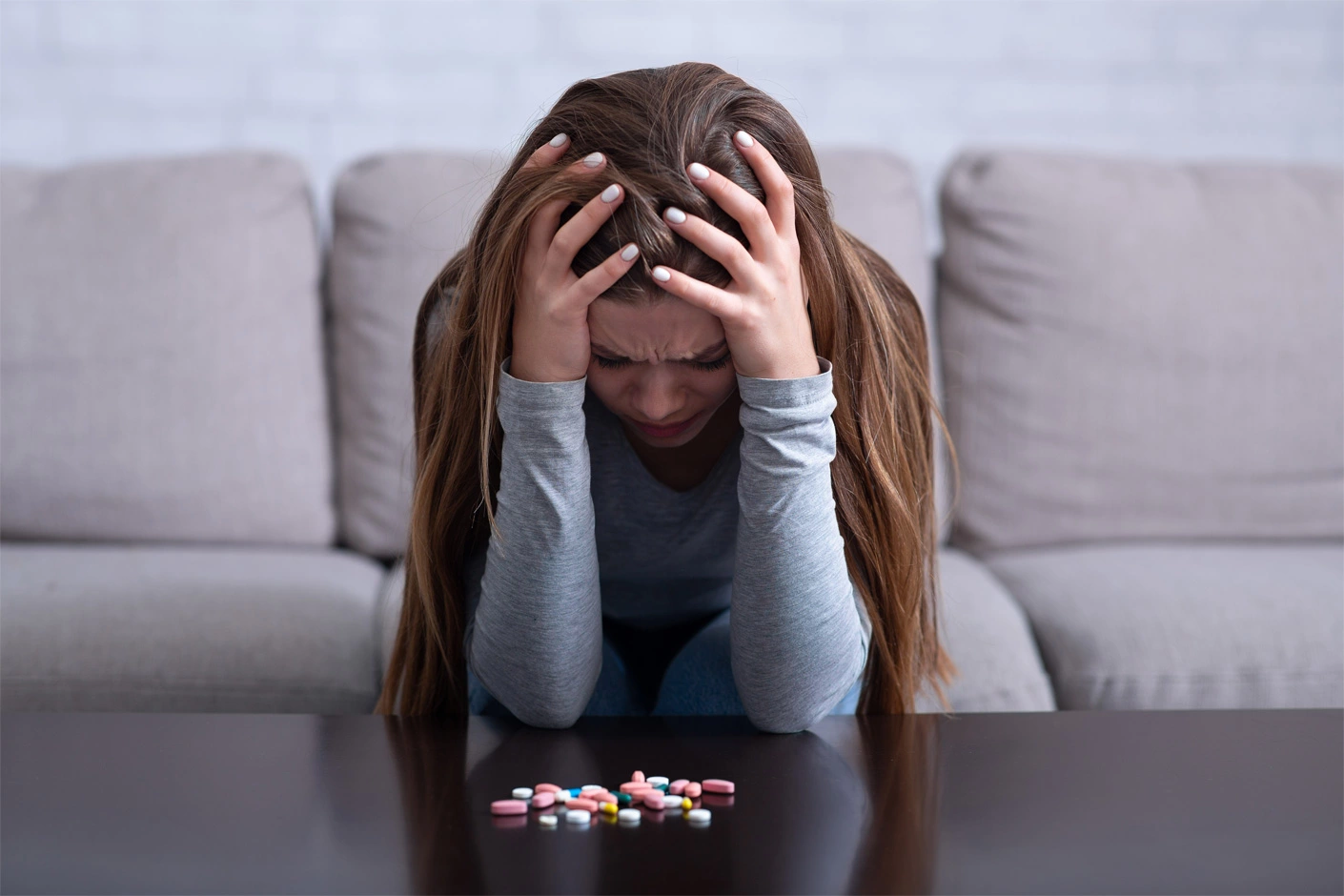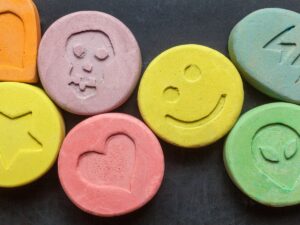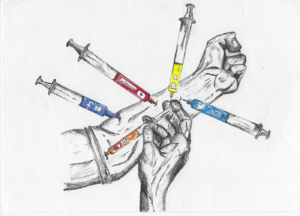Opioids are a kind of drug that a doctor administers to relieve pain. When opioid medicines pass through your circulation, your cells send out signals that reduce pain while promoting calm and pleasure-seeking feelings.
However, taking too many pills might be dangerous to your health, and it is essential to take this medication exactly as directed by your doctor. It is possible to get sleepy on common opioids, but this may lead to death with greater doses. Furthermore, the positive feelings associated with opiate usage may lead you to seek out more enjoyable experiences, perhaps leading to addiction. You may always seek treatment and go through opioid detox if you overdose. Let’s discuss How Opioid Overdose Is Hazardous To Your Health?
If you’re struggling with drug or alcohol addiction Contact All American Detox Center is one of the leading drug detox center in California to learn about drug detoxification.
What are opioids?
Opioids are a group of medications derived from the opium poppy plant. Some opioids are extracted directly from plants, while others are synthesized in laboratories by scientists utilizing the same chemical composition. Opioids are often used as medications because they include compounds that relax the body and help alleviate pain, making them popular choices. Coughing and diarrhea may be treated using opioids, typically used to treat moderate to severe pain.
How can a person become an opioid addict?
Some opioids can also be used to cure coughing and diarrhea. Non-medical use of opioids is common since they may induce feelings of relaxation and happiness.
With opioids, your brain and body might be tricked into believing that medicine is vital to surviving. Addiction might develop if you can’t handle the appropriate dosage and discover that you need more and more drugs to get relief.
If you desire the medication or feel like you can’t control the temptation to use it, you may have an opioid addiction. Keep taking medicine without your doctor’s permission, even though you know it’s harmful to you, and you may get hooked. One particular characteristic of opioid overdose symptoms is a strong desire to engage in a specific behavior.
Is it possible to safely treat pain with opioids?
Doctors in anesthesiology are trained to assist patients in managing their pain while minimizing the adverse effects and the danger of addiction.
- Contact your doctor or anesthesiologist:- Consider all non-addictive pain relievers. If opioids are still the best choice, inquire about reducing the dangers and adverse effects. It is essential to notify your doctor about any medical concerns you have and any previous opioid use. Your doctor will want to know about any prior drug or alcohol misuse you have had, and if you are at risk for abusing opioids, you should inform them about it.
- Opioids should only be used under the guidance of a physician:- Pay attention to your doctor’s instructions and the label on the medication you are taking. Ask your doctor whether opioids are safe if you are on other drugs.
- Observe for adverse reactions:- In addition to tiredness and constipation being common opioid side effects, additional symptoms such as shallow breathing and a decreased heart rate may indicate an overdose. The best way to keep yourself safe is to ask your doctor for advice.
- Preparation is essential before undergoing surgery:- Discuss your opioid use and surgery with your surgeon, the anesthesiologist, and any other doctors who may be treating you if you are preparing for an operation. Opioid use might extend your hospital stay and raise your risk of problems after surgery. Before undergoing surgery, your medical staff may assist you in safely managing your pain. During an emergency, the patient can either go to a drug rehab center or get help from one of the many nearby ones.
Advantages of Opioid withdrawal
It is possible to successfully treat withdrawal symptoms with the help of a medical anesthesiologist, even if they are unpleasant to bear. According to the Centers for Disease Control and Prevention, after discontinuing opioid usage, most patients report increased function without increasing pain. The discomfort may initially worsen as people gradually wean themselves off the medication. Pain management may also benefit from alternative medicines with lower risks and adverse effects.
Removing the opioids might help the pain management professional get a better sense of what is causing you suffering. The doctor will be able to make a more informed decision about your treatment options if they have this information.
Stopping the use of prescription opioids may be difficult but possible
Because withdrawal symptoms like restless nerves or sleeplessness may occur in patients who abruptly stop taking opioids, working with your physician, anesthesiologist, or another doctor to wean yourself off of the medicine gradually is critical.
Knowing what to anticipate while reducing down on medication is essential. Symptoms of opioid withdrawal include, but are not limited to, the following:
- A need for drugs
- Anxiety
- Insomnia
- Pain in the abdomen
- Vomiting
- Diarrhea
- The ground shakes (shaking)
The feelings of anxiety may be lessened by gradually reducing the dose, consulting with the relevant professionals, and receiving psychological assistance.
Here are some of the things your anesthesiologist doctor can do:
To reduce the severity of opioid withdrawal symptoms, create a custom tapering regimen for yourself.
- Keep an eye on your signs of withdrawal.
- Use your feedback to adjust the pace and length of the tapering.
- Assist you in finding other resources.
Contacting a drug detox center is always an option available for the patients.
Conclusion
Sleeplessness, diarrhea, nausea, and decreased breathing are all common side effects of opiate usage. Opioids may have products that are very close to those of heroin, and misusing prescription pain medicines increases the danger of switching to heroin. Addiction recovery may be aided by various approaches, including medications and behavioral therapy.
Get in touch with one of our addiction counselors at All American Detox Center by dialing our hotline number (844)-570-1301. In order to assist as many people as possible, we aim to cure addiction and help them have a healthier and happier life. We have up-to-date safety measures as per COVID guidelines.






